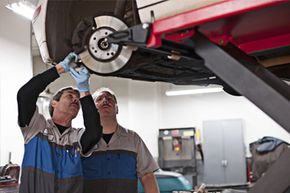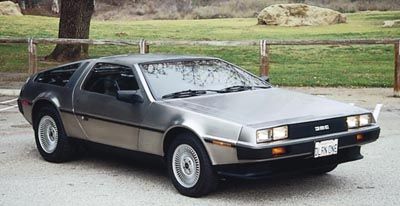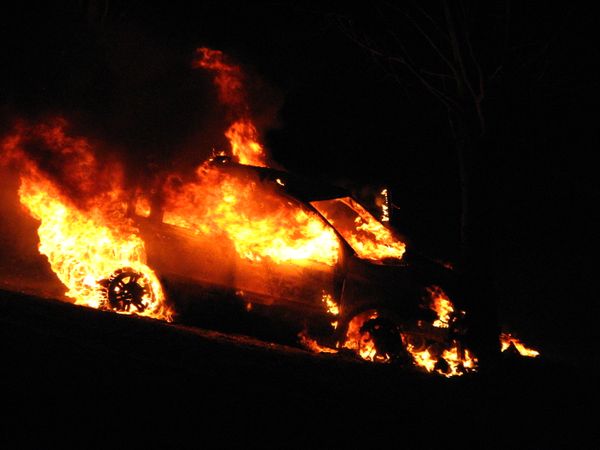An automotive recall is issued when a car manufacturer or a government safety agency determines that a batch of cars has, or may have, safety-related defects. If your car has been recalled, it doesn't matter when or where you bought it. Whether you bought your car new or used, its manufacturer is on the hook for providing repairs related to any outstanding recalls free of charge. The manufacturer's franchised dealerships must provide these recall repairs, and it doesn't matter whether you, or the car's original owner, initially purchased it elsewhere.
So call the closest dealer service department for your car and make an appointment to get that recall work completed. They might seem less than enthusiastic, especially if the car wasn't purchased there, because fixing recalls is not profitable. But don't be deterred: By law, dealership service departments must fix the manufacturer's recalls free of charge [source: Mello].
Advertisement
That said, if you just picked up a used car, or if you're in the market for one, you might find some unsettling or downright scary information about existing recalls. Some recalls are for really serious problems, and you shouldn't delay getting them fixed. There are a bunch of ways to find out if the car you own, or if a car you are considering buying, needs recall work done. CARFAX, which provides information about used cars, says that one of every six cars on the road has a recall problem that needs to be fixed. To address this, CARFAX and others — including the National Highway Traffic Safety Administration — offer recall checks that require you to enter the car's vehicle identification number. You also can check the car manufacturer's website or call a dealership service department to see if your car needs any recall work done. In all cases, make sure you have the car's VIN, make, model and year handy.
If you are buying a used car from a dealership that's affiliated with the car's manufacturer, there shouldn't be any outstanding recalls by the time the car makes it to the lot. If there are, you should ask for the work to be completed before signing the contract and taking delivery of the car. Used car dealerships aren't required by law to fix or disclose outstanding recalls before selling the car, but if you're shopping at a manufacturer-affiliated dealership, they're probably going to end up fixing your car sooner or later anyway. In other words, they would have little reason not to be forthcoming with this information and address problems right away.
Advertisement


